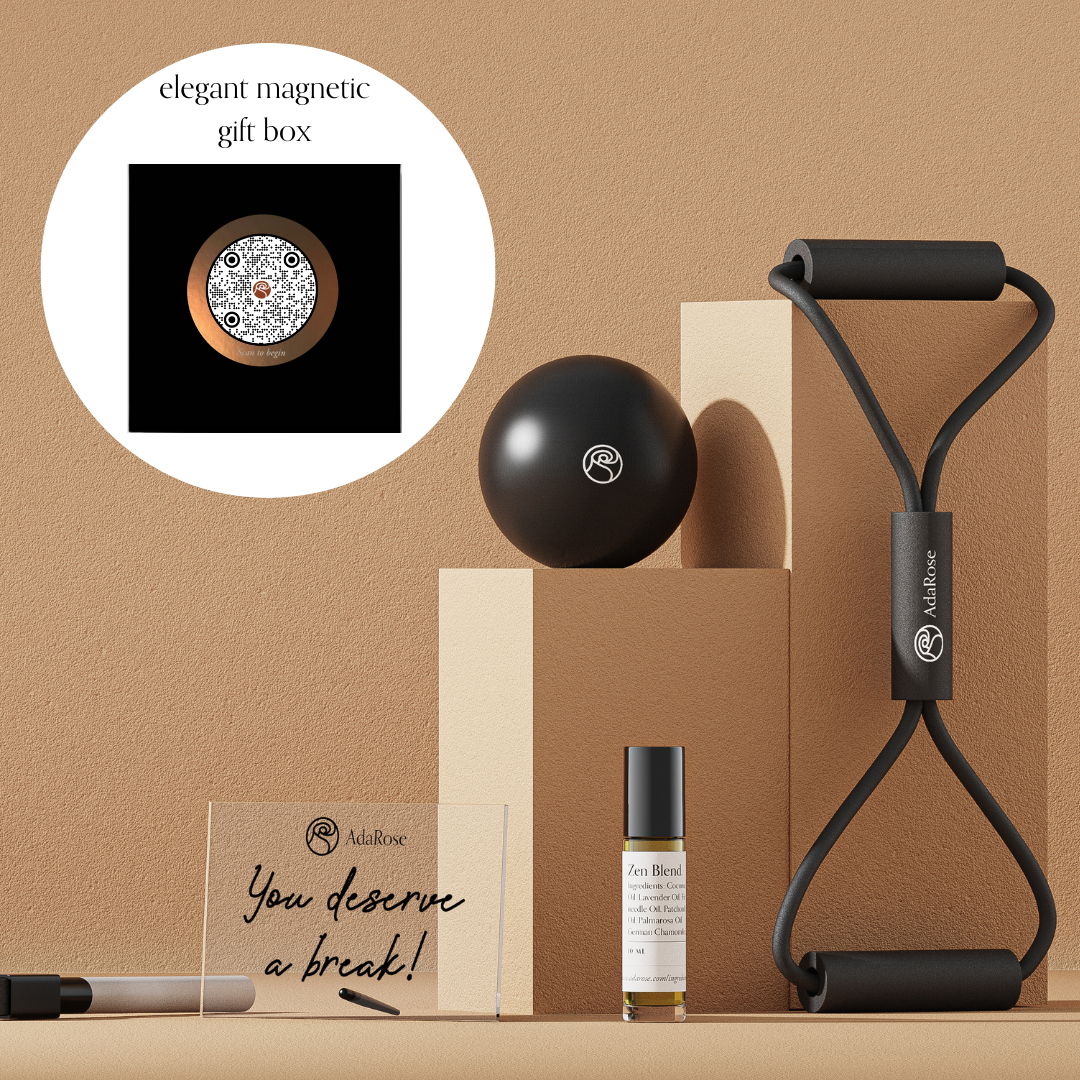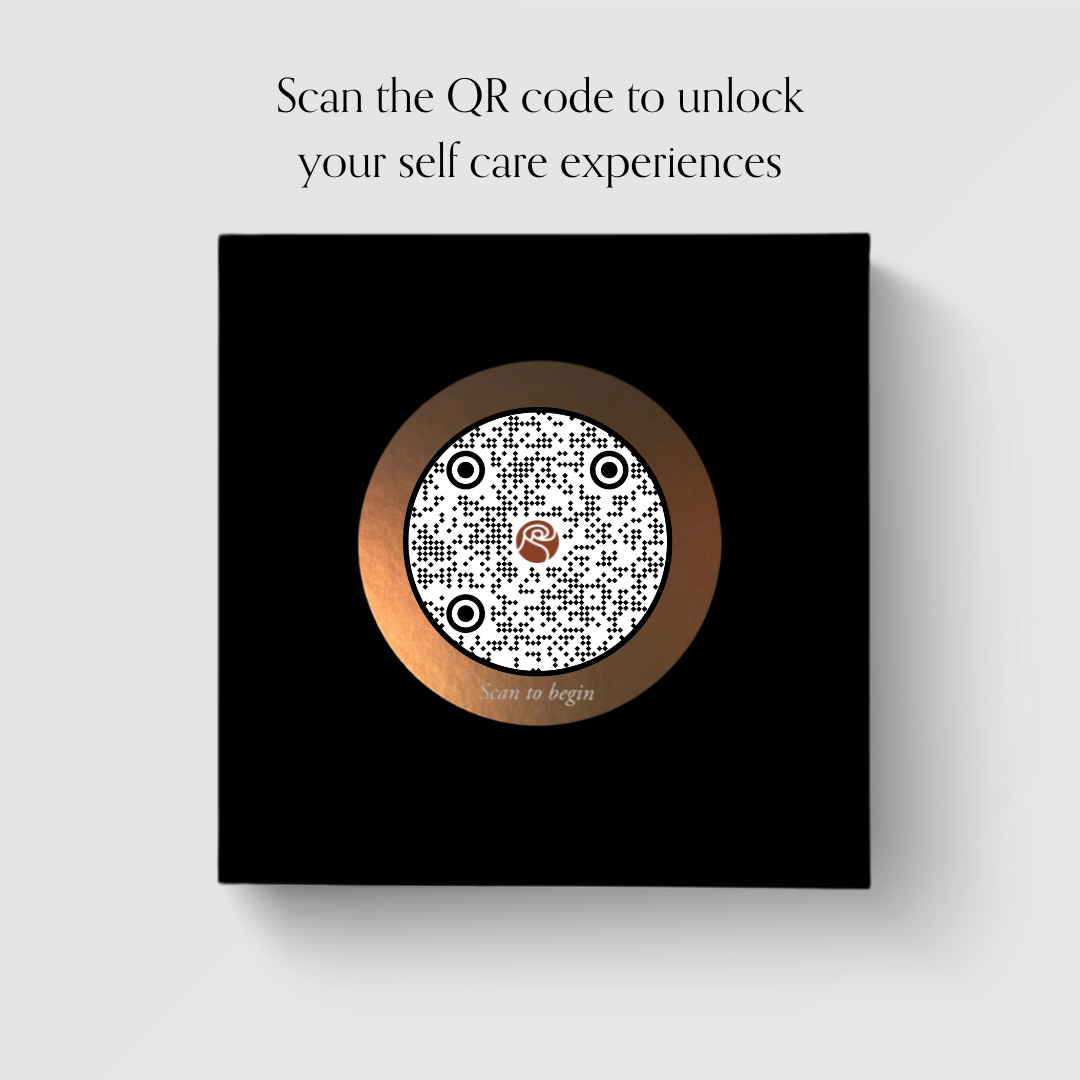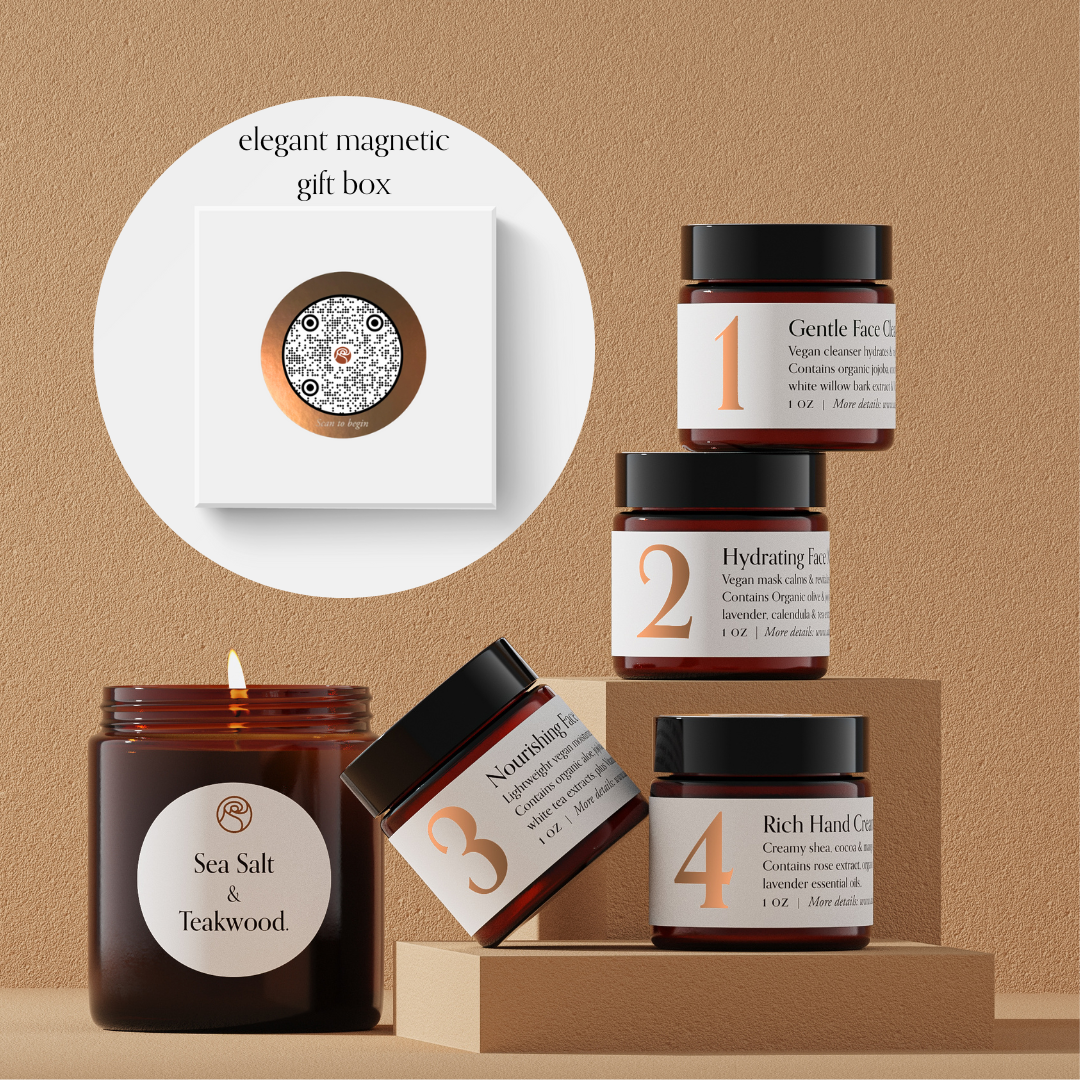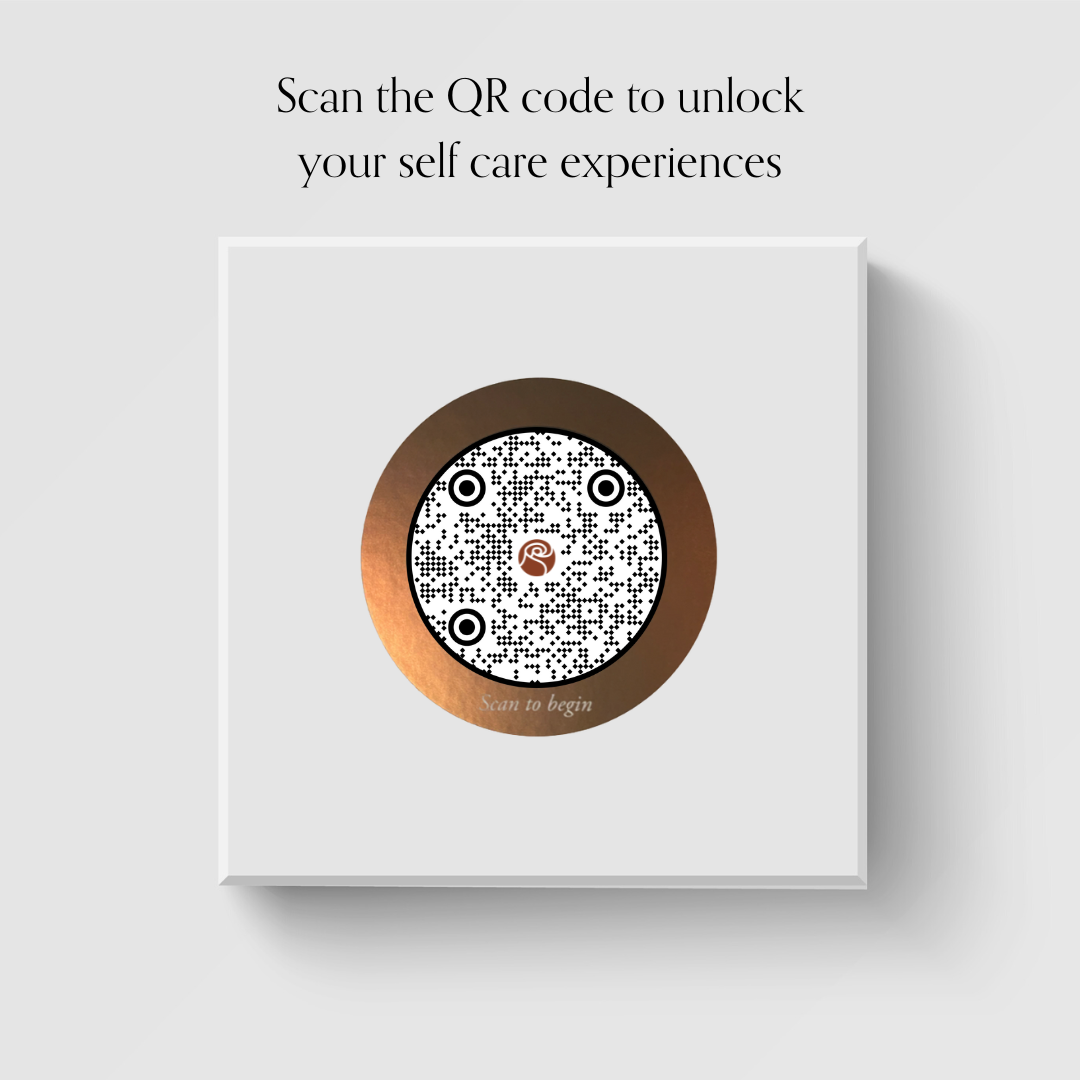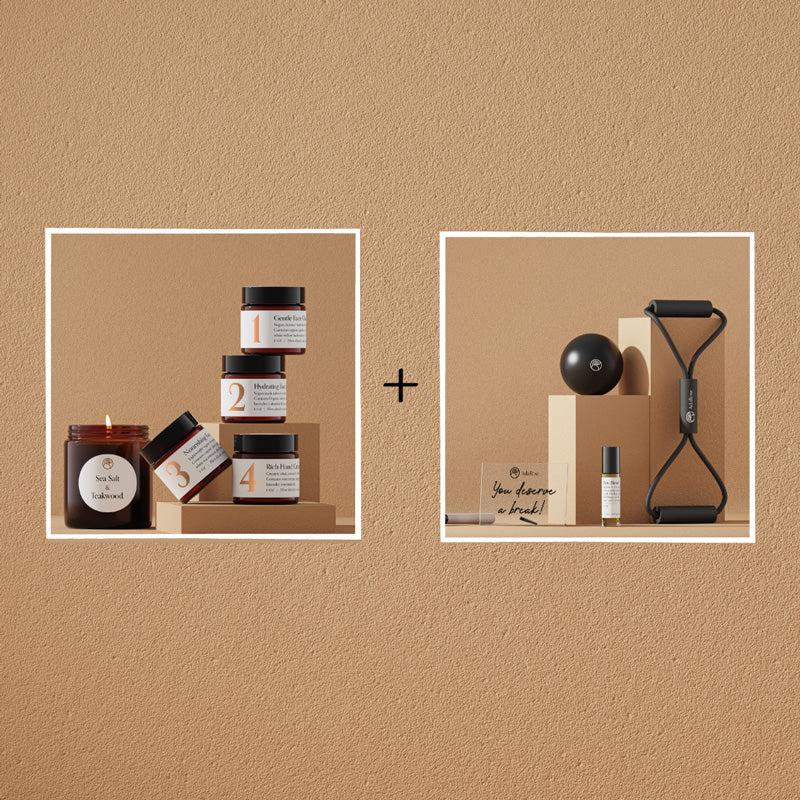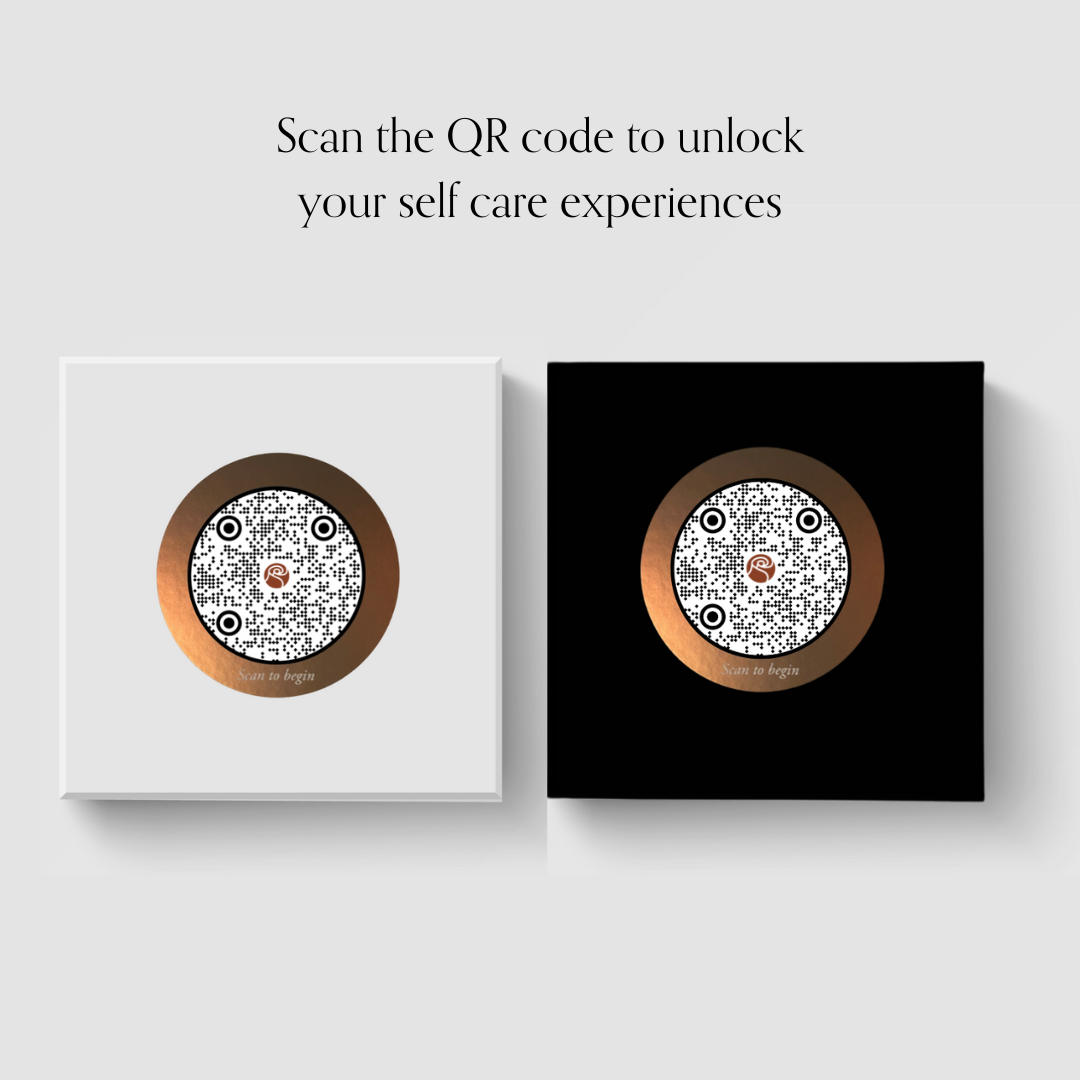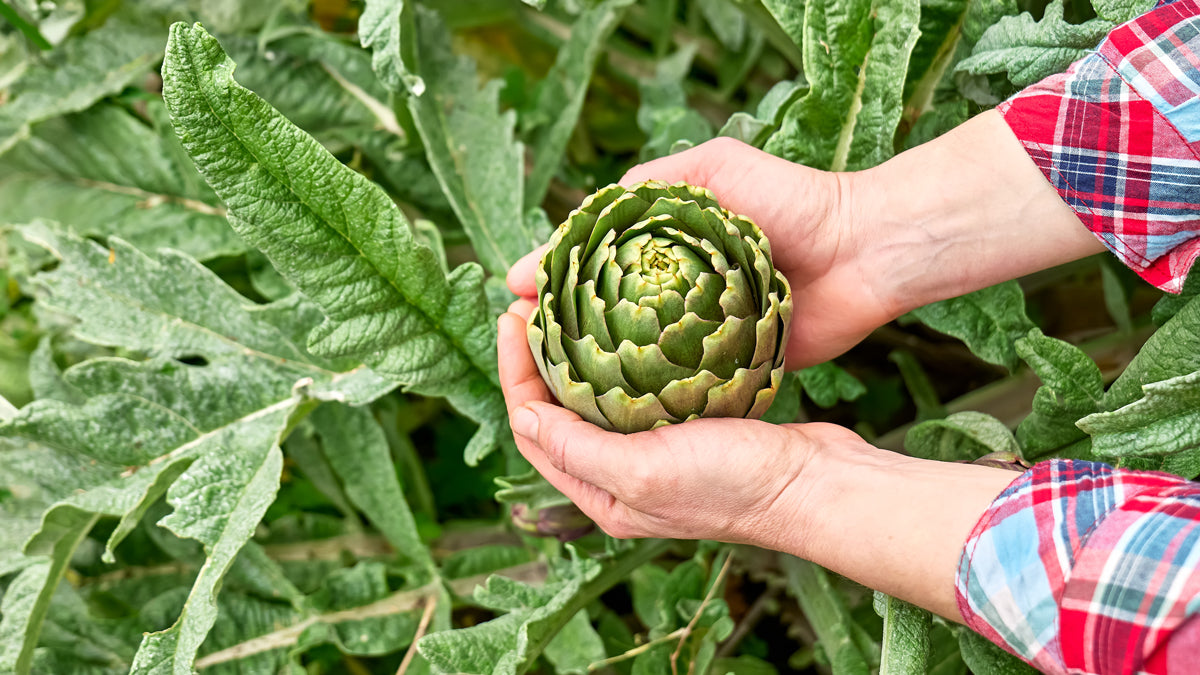You already likely follow a morning regimen without thinking much about it. For example, brushing your teeth, washing your face, and getting dressed are all things many people do on autopilot.
One easy way to invite more inner awareness into your morning hours and enhance your overall well-being involves crafting a simple mindful morning routine. Taking the time to adopt a mindful practice early in the day can set you up to own your day and own your health.
The American Psychological Association defines mindfulness as “awareness of one’s internal states and surroundings.”
The heart of a mindfulness practice is learning to observe your thoughts, emotions, and in-the-moment experiences without judging or reacting to them.
Some key benefits of practicing mindfulness include:
- Stress reduction
- Experiencing less emotional reactivity
- A lower risk of depression and anxiety
- Less rumination
- Better attention span
- Improved working memory
- Improved relationships
- A healthier immune system
What is a mindfulness routine?
Now that you have a better sense of mindfulness and its benefits, let’s explore how to apply it in your life. One way to incorporate more mindfulness is by intentionally upgrading your morning routine.
Regardless of how you choose to add more mindfulness into your morning routine, start with just a few minutes each day and gradually build a habit. It may be tempting to completely revamp your mornings all at once, but select just one mindfulness practice and stick with it for six to eight weeks before adding another.
A morning mindfulness practice can be as simple as taking several deep breaths upon waking, mindfully eating breakfast without distractions from screens, or taking a morning stroll to experience the sounds, smells, and sights around you. Of course, there are also more structured morning mindfulness practices to try, too. (More on that in a bit.)
No matter which type of mindful practice you choose to begin with, the American Heart Association recommends using “habit chaining” to help make it stick. Think of “habit chaining” as adding on a new practice to an existing, well-established habit.
An example is brushing your teeth as you normally do, and then sitting in a comfortable position for a minute to simply notice your breath. By stacking this new mindful practice with a preexisting routine you do on autopilot, you’re more likely to follow through and set yourself up for long-term success.
What is a positive morning routine?
A mindful morning routine will look a little different for everyone. Here are some ideas to help get you started.
Remember, choose just one to start with and stick with it for about two months before adding another practice.
1.) Wake up a few minutes earlier. No one wants to be rushing around to complete a mindful morning practice. To create more “me time” after waking up, try going to sleep 30 minutes earlier the night before. Then, aim to wake up 30 minutes earlier the next morning. Stick with this time change for a week before further adjusting. Tiny steps are key to keeping your body in balance.
2.) Drink warm lemon water. According to the practices of Ayurveda, a system of health that developed in India more than 3,000 years ago, lemons are believed to promote digestive health by enhancing digestive enzyme stimulation. Squeeze half of a fresh lemon into warm water in the morning and slowly sip it before eating breakfast. Notice the flavor and your body’s sensations as the warm beverage hits your lips and moves down your throat and through your digestive tract. Take deep, mindful breaths between sips.
3.) Use dry brushing to stimulate your lymphatic system. Dry brushing involves moving a stiff, dry bristle brush over your skin. It’s an Ayurvedic practice that both exfoliates your skin and improves circulation, enhances relaxation, and supports your body’s lymphatic system. Start at your feet and move upward as you use a dry brush to stimulate the skin. Use long, sweeping motions on your arms and legs, always brushing toward the heart. Ayurvedic technique also recommends using clockwise circular motions over your joints, buttocks, and stomach. Breathe deeply and notice the sensations as the bristles gently move over your skin.
4.) Go for a short stroll. Move your body at a natural pace, avoiding the temptation to power walk or cover a set distance in a set amount of time. First, notice the sensation of your muscles as you move. As you connect with the nature around you, what does it feel like to walk over a pebble or move on uneven surfaces? How does your body respond if you move up a hill? Next, bring your awareness to the sounds around you. Are there birds, a trickling stream, sirens, or traffic? Notice it all in a non-judgmental way. Next, expand your awareness to notice the smells and sights surrounding you.
5.) Engage in mindful movement. Gentle exercise such as Tai Chi–a Chinese martial art sometimes referred to as “meditation in motion”–helps connect the breath and the mind through mindful movement. While it won’t burn as many calories as an intense spin class, the practice is shown to reduce stress, improve mood, and even reduce certain types of pain. Harvard Health writes that Tai Chi “could be the perfect activity for the rest of your life.” You can also try gentle forms of yoga such as vinyasa or yin for similar benefits, or perform stretches at your desk before beginning your work day.
6.) Take a few moments to journal. What emotions are you currently feeling? Without any judgment, write about your current state of mind in a journal. While there are many benefits of gratitude journaling, writing about negative thoughts that arise could also be supportive by helping you to make sense of and manage them. Sit in a comfortable area without any distractions. Studies show that journaling helps to reduce stress, improves well-being, and deepens self-discovery.
7.) Try a guided practice. The National Institutes of Health recommend finding teacher-guided mindfulness practices. The AdaRose Spa in a Box includes 10-minute guided experiences that incorporate gentle yoga stretches and breathwork or a mini facial and hand massage so you can start your day off on a mindful note without a huge time investment.
The AdaRose Work Break in a Box also offers mindful moments through guided meditative journaling prompts and a mindfulness of senses activity using the calming AdaRose Zen Blend aromatherapy oil.
No matter which practice you choose, make sure it’s something that brings joy to your morning. It’s important that the practice is something you’ll look forward to day in and day out. Which mindful morning activity will you try first?


